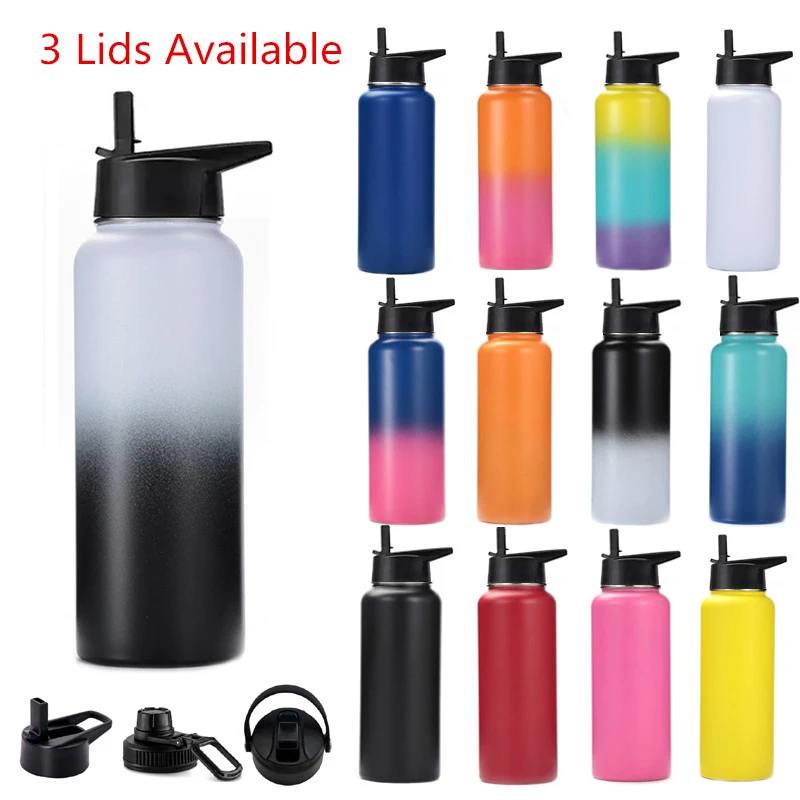Why Isn't It Illegal to Swim in All Reservoirs?
Swimming in reservoirs, while tempting due to their inviting waters, is often prohibited. This prohibition exists for several reasons:
- Water quality: Reservoirs are designed for drinking water storage, and their primary purpose is to provide clean water for human consumption. Swimming can introduce contaminants into the water, potentially compromising its safety for drinking.
- Safety risks: Reservoirs can have deep drop-offs, unseen obstacles, and strong currents that pose significant risks to swimmers. The absence of designated swimming areas, lifeguards, and emergency response facilities also increases the potential for accidents.
- Ecosystem preservation: Reservoirs provide habitat for various aquatic species. Swimming and other recreational activities can disturb these ecosystems, harm wildlife, and damage shoreline vegetation.
- Legal restrictions: Many reservoirs are owned or managed by government agencies or water utilities. They have the authority to regulate activities within their jurisdiction, including swimming, and may impose restrictions or bans to protect the water source.
- Public health concerns: Swimming in reservoirs can lead to exposure to waterborne pathogens, parasites, or chemicals used in water treatment. These can pose significant health risks to swimmers, especially those with compromised immune systems.
Despite these risks, some reservoirs may allow swimming in designated areas or under certain conditions. These areas are typically well-supervised, have designated swimming zones, and comply with water quality and safety regulations. However, it's essential to check local regulations before swimming in any reservoir to ensure your safety and the protection of the water source.
Related Questions
- Why are reservoirs important for clean water? Reservoirs store and regulate drinking water supply, ensuring a safe and reliable source for communities.
- What are the dangers of swimming in unprotected reservoirs? Unprotected reservoirs can pose risks due to poor water quality, hidden hazards, and the absence of supervision.
- Are there any reservoirs that allow swimming? Some reservoirs may designate specific areas for swimming under controlled conditions and regulations.
- Who enforces swimming restrictions in reservoirs? Government agencies or water utilities that own or manage reservoirs are responsible for enforcing swimming regulations.
- What should I do if I find someone swimming in a prohibited reservoir? If you encounter someone swimming in a prohibited reservoir, notify the appropriate authorities and discourage the activity for safety and public health reasons.
Relevant Hot-Sale Items
- Speedo Swimwear
- Nike Aqua Socks
- Hydro Flask Water Bottle
- Adidas Swim Goggles
- Garmin Swim Watch
Pre:How long will it be before you can swim after adding muriatic acid to your pool
Next:Do you need a gate or door on your pool fence if it is legal


















